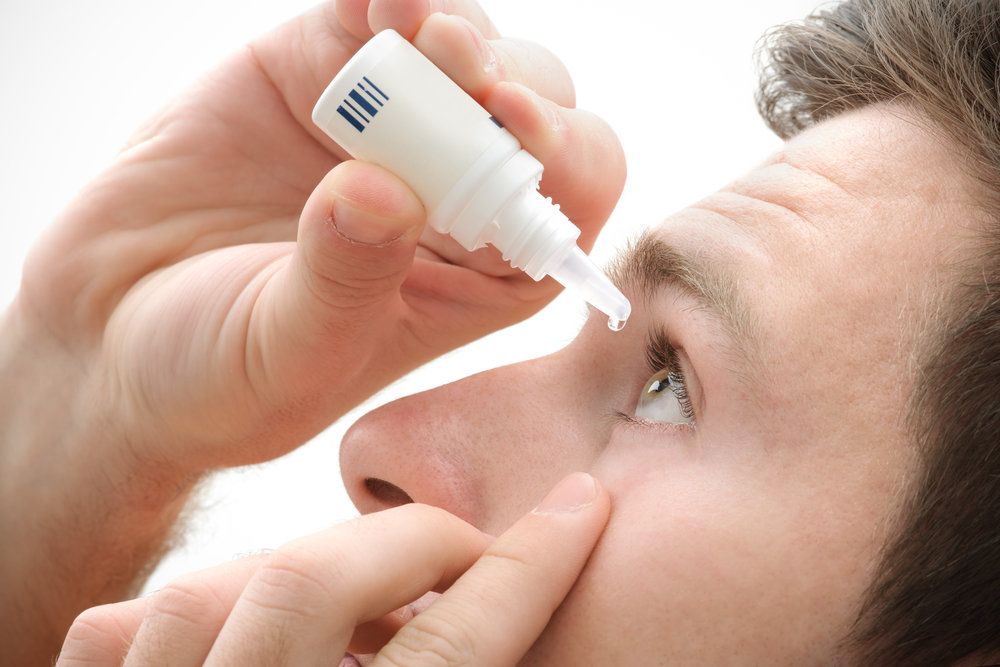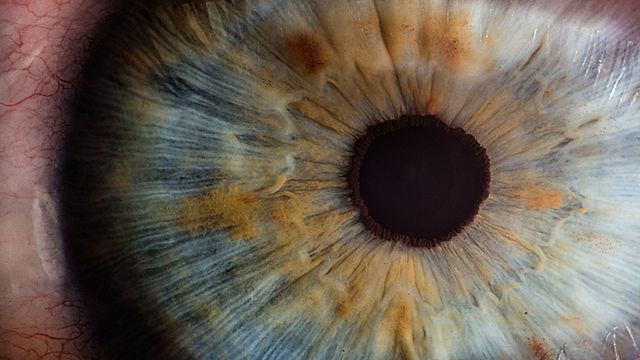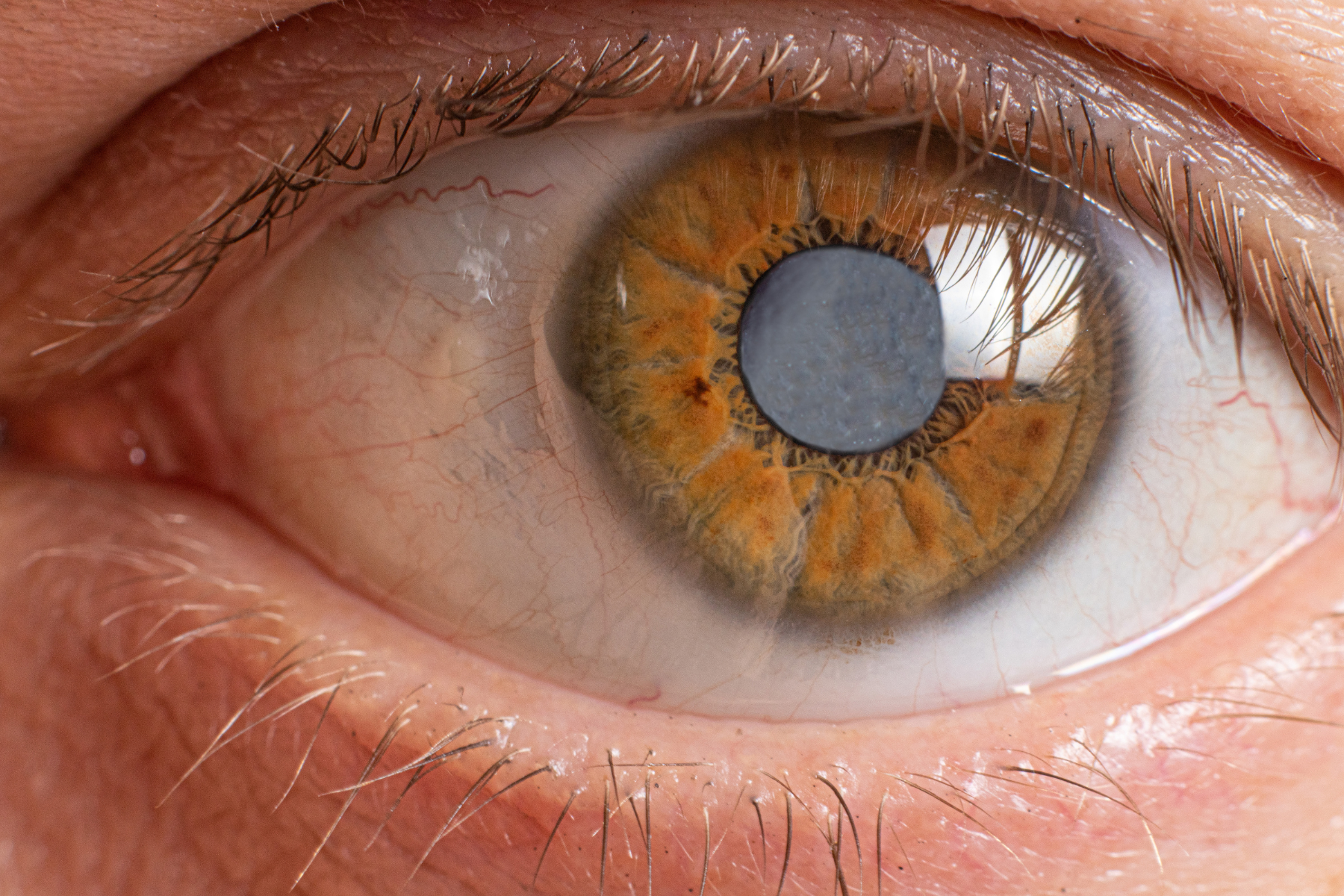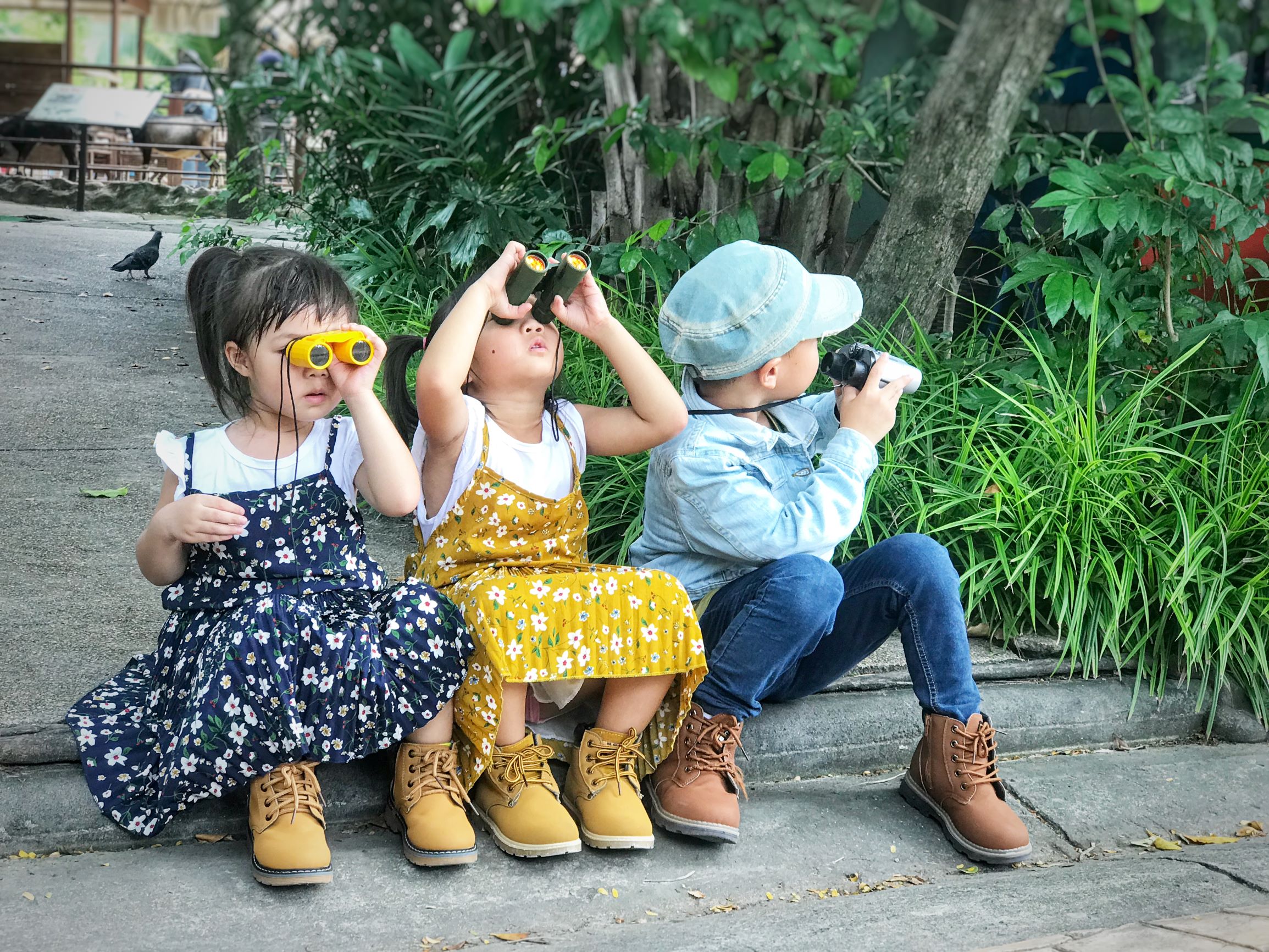 LynbrookOptical
LynbrookOpticalMenu
Dry Eyes
Wed Dec 20 2023Combatting Dry Eyes: Simple Remedies for Lasting Relief
As we age, it's common for our bodies to go through changes that affect our overall health. One such change that can occur is dry eyes, a condition that affects millions of people worldwide[1]. In this article, we'll take a closer look at what dry eyes are, what causes them, and how they can be treated.
What are Dry Eyes?
DRY EYES, also known as keratoconjunctivitis sicca, is a condition that occurs when the eyes don't produce enough tears or when the tears that are produced evaporate too quickly[2]. Tears are important for keeping the eyes lubricated and healthy, and they help to protect the eyes from infection[3].
When the eyes are dry, they can become irritated and uncomfortable, and may even lead to more serious eye problems over time. Dry eyes can affect people of all ages, but they are more common in older adults and women.
What is the Main Cause of Dry Eyes?
There are several factors that can contribute to the development of dry eyes, including:
- Natural Aging Process - As we age, our bodies produce fewer tears, which can lead to dry eyes. According to the American Academy of Ophthalmology, dry eyes are more common in people over the age of 50.
- Side Effects of Medication - Certain medications can cause dry eyes as a side effect, If you're taking any medications that dry your eyes out, talk to your doctor about alternative options.
- Medical Conditions - Dry eyes can be a symptom of certain medical conditions, such as rheumatoid arthritis, Sjogren's syndrome and thyroid problems. If you have a medical condition that's contributing to your dry eyes, treating the underlying condition may help to alleviate your symptoms.
- Environmental Factors - Exposure to wind, smoke, and dry air can cause the eyes to dry out. If you live in a dry climate or work in a dusty environment, taking steps to protect your eyes, such as wearing protective eyewear, can help to prevent dry eyes.
- Lifestyle Factors - Spending long hours staring at a computer or phone screen, not getting enough sleep, and not drinking enough water can all contribute to dry eyes. Making changes to your lifestyle, such as taking breaks from screen time, getting enough sleep, and staying hydrated, can help to alleviate your symptoms.
What are the Symptoms of Dry Eyes?
Dry eye symptoms may differ from person to person. However, they might involve:
- Feeling of dryness or roughness in the eyes
- Burning or stinging sensation in the eyes
- Feeling like something is in the eyes
- Redness
- Excessive tearing
- Sensitivity to light
If you're experiencing any of these symptoms, it's important to see an eye doctor for an eye test. Dry eyes can be a sign of a more serious eye condition, and early diagnosis and treatment can help to prevent further damage.
How are Dry Eyes Diagnosed?
If you're experiencing symptoms of dry eyes, your eye doctor will perform a comprehensive eye test to determine the cause and severity of your condition. This may include:
- A review of your medical history and any medications you're taking
- A measurement of your tear production
- An evaluation of the cornea for signs of damage
- A slit lamp exam to look for signs of inflammation or infection
How Do You Fix Dry Eyes?
The treatment for dry eyes will depend on the underlying cause of the condition and the severity of your symptoms. In some cases, simple lifestyle changes may be enough to alleviate dry eyes. These may include:
- Taking frequent breaks from screen time to rest your eyes
- Adding moisture to the air in your home or office by utilizing or using a humidifier
- Wearing wrap-around sunglasses to protect your eyes from wind and dust
- Blinking regularly to help spread tears over the surface of your eyes
- Drinking plenty of water to stay hydrated
If lifestyle changes aren't enough to alleviate your symptoms, your doctor may recommend one of several treatments, including:
- Artificial tears - These are over-the-counter eye drops that can help to lubricate your eyes and provide relief from dryness.
- Prescription eye drops - If your symptoms are severe, your doctor may prescribe medicated eye drops that can help to increase tear production or reduce inflammation.
- Punctal plugs - These are small devices that are placed in the tear ducts to block the drainage of tears, which can help to keep the eyes moist.
- Meibomian gland expression - This is a procedure that involves applying gentle pressure to the glands that produce oil in the eyelids to help improve the quality of tears.
In some cases, surgery may be recommended to treat severe cases of dry eyes. This may involve closing the tear ducts or using amniotic membranes to help promote healing.

How can Dry Eyes be Prevented?
While there's no guaranteed way to prevent dry eyes, there are several steps you can take to reduce your risk, including:
- Taking breaks from screen time - If you spend a lot of time staring at a computer or phone screen, take regular breaks to rest your eyes.
- Protecting your eyes from the elements - Wear wrap-around sunglasses to protect your eyes from wind, dust, and other environmental factors.
- Staying hydrated - Drink plenty of water to keep your body and eyes hydrated.
- Managing medical conditions - If you have a medical condition that can contribute to dry eyes, such as thyroid or rheumatoid arthritis, work with your doctor to manage your condition and prevent complications.
Conclusion
Dry eyes are a common condition that can cause discomfort and lead to more serious eye problems over time. If you're experiencing symptoms of dry eyes, it's important to see an eye doctor for an eye test. With proper diagnosis and treatment, you can manage your symptoms and prevent further damage to your eyes.
If you're looking for ways to prevent dry eyes, making simple lifestyle changes like taking breaks from screen time and staying hydrated can go a long way. And if you're already experiencing symptoms, there are several treatments available that can provide relief.
So if you're experiencing dry eyes, don't suffer in silence. You can book a bulk billed eye test with our optometrist online or call us at 03 9702 9118.





